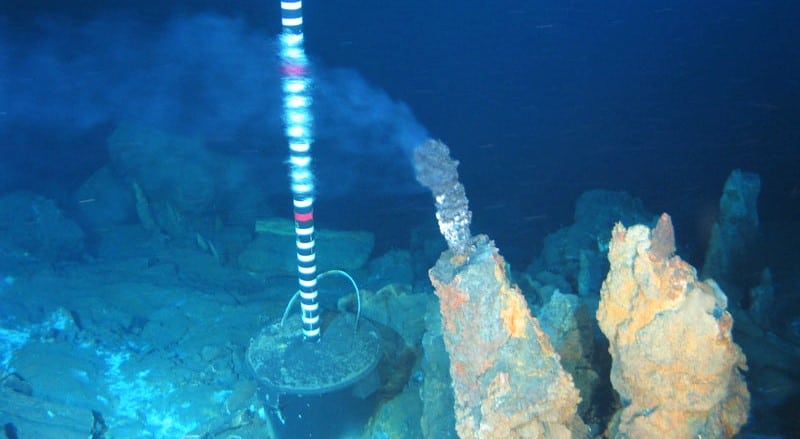The introduction of the term ‘mineral harvesting’ in the legislation governing seabed minerals in the Cook Islands is an attempt to ‘greenwash this destructive industry’, says a local environment group.
Te Ipukarea Society (TIS) technical director Kelvin Passfield says the term “mineral harvesting” included in the Seabed Minerals Act is completely out of place when used to describe “destructive deep seabed mining for nodules that have taken tens of millions of years to grow”.
“This appears to be nothing more than an attempt to ‘greenwash’ this destructive industry,” said Passfield.
“If another word is required to replace mining, extraction would be a far better choice, as it is a term much more commonly associated with mining.”
Parliament last week approved the amendments to the Seabed Minerals Act. There were six amendments to the Act that was proposed in the Bill and this included the use of the terms mining and minerals harvesting, standards and guidelines, due diligence recovery cost, information management, amending the annual reporting period to match the dates from which the licences are granted, as opposed to following a calendar year, and a process for a company that chooses to change its name.
Cook Islands Seabed Minerals Authority clarified that the term “minerals harvesting” will not replace “mining” within the Act. It said that the activity that will take place in the Cook Islands seabed in the future, if approved by the government, involving the collection of nodules will be referred to as “mineral harvesting”.
The Authority stated that “mining” is a broad term and remains within the Act – “it covers any and all extraction of seabed minerals, whether it is nodules, crusts or muds”.
“Minerals harvesting is a sub-set of mining and refers specifically to the collection of nodules. And as a consequence of these amendments, the Act will now include both the terms ‘mining’ and ‘minerals harvesting’.”
However, Passfield said that despite the term now being listed as a substantive change, a definition for “mineral harvesting” was not included in the policy document on the proposed Seabed Minerals Bill revision circulated for comment in November last year.
“Now we are told this change is a result of community and stakeholder feedback. The only related feedback that our staff can recall from consultations we attended in recent years was quite vocal objection to the Government’s use of the word ‘harvesting’ in place of ‘mining’,” Passfield said.
“The term harvesting is much more applicable to crops, where things grow back.”
Seabed Minerals Authority’s senior policy and legal officer, Te-Ara Henderson, reiterated that TIS may be under the mistaken impression that the term “mining” is being replaced in the Act by “minerals harvesting”.
Henderson said this is not the case.
“Minerals harvesting is a subset of mining, and applies specifically to the collection of nodules,” he said.
Henderson said many terms were considered during the Government’s consultations with stakeholders on an appropriate term “for the collection of nodules sitting on the seafloor”.
“This included: minerals harvesting, extraction, exploitation etc. Ultimately the feedback received supported mineral harvesting.”
Henderson said that while it is reasonable to associate “harvesting” with the traditional idea of gathering crops, the interpretation is narrow.
“Harvesting can extend beyond gathering crops and can apply to the collection of renewable or non-renewable resources.
“Nodules are formed over millions of years and due to this slow regrowth rate, are considered non-renewable. The term used ‘minerals harvesting’ refers to harvesting of minerals which have non-regenerative characteristics,” he said.
